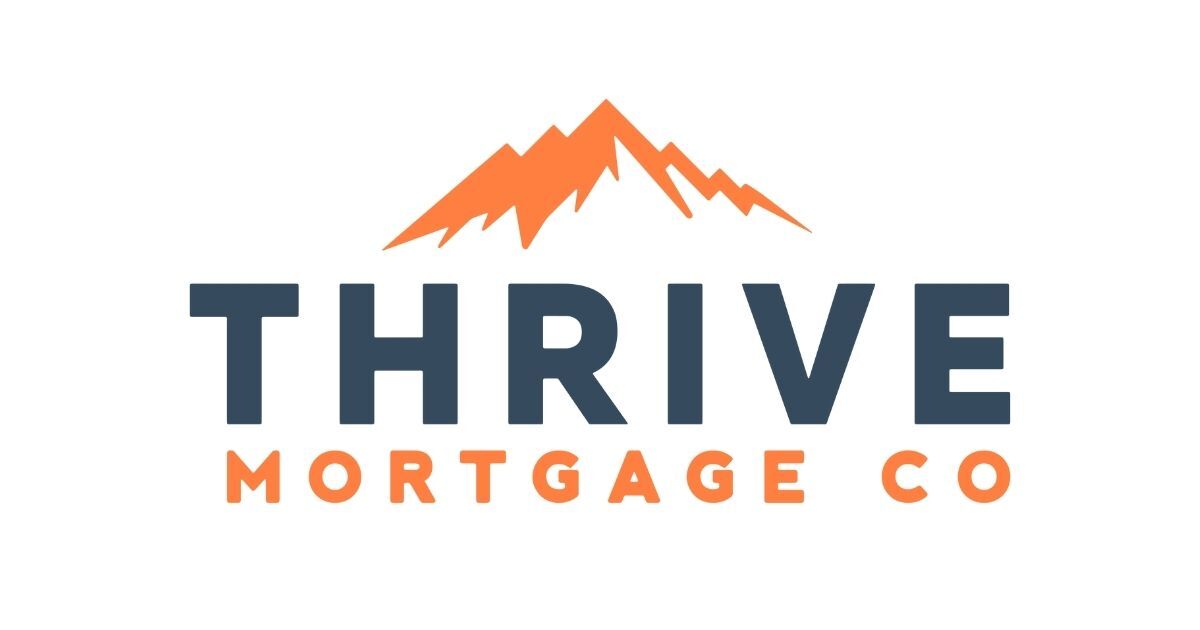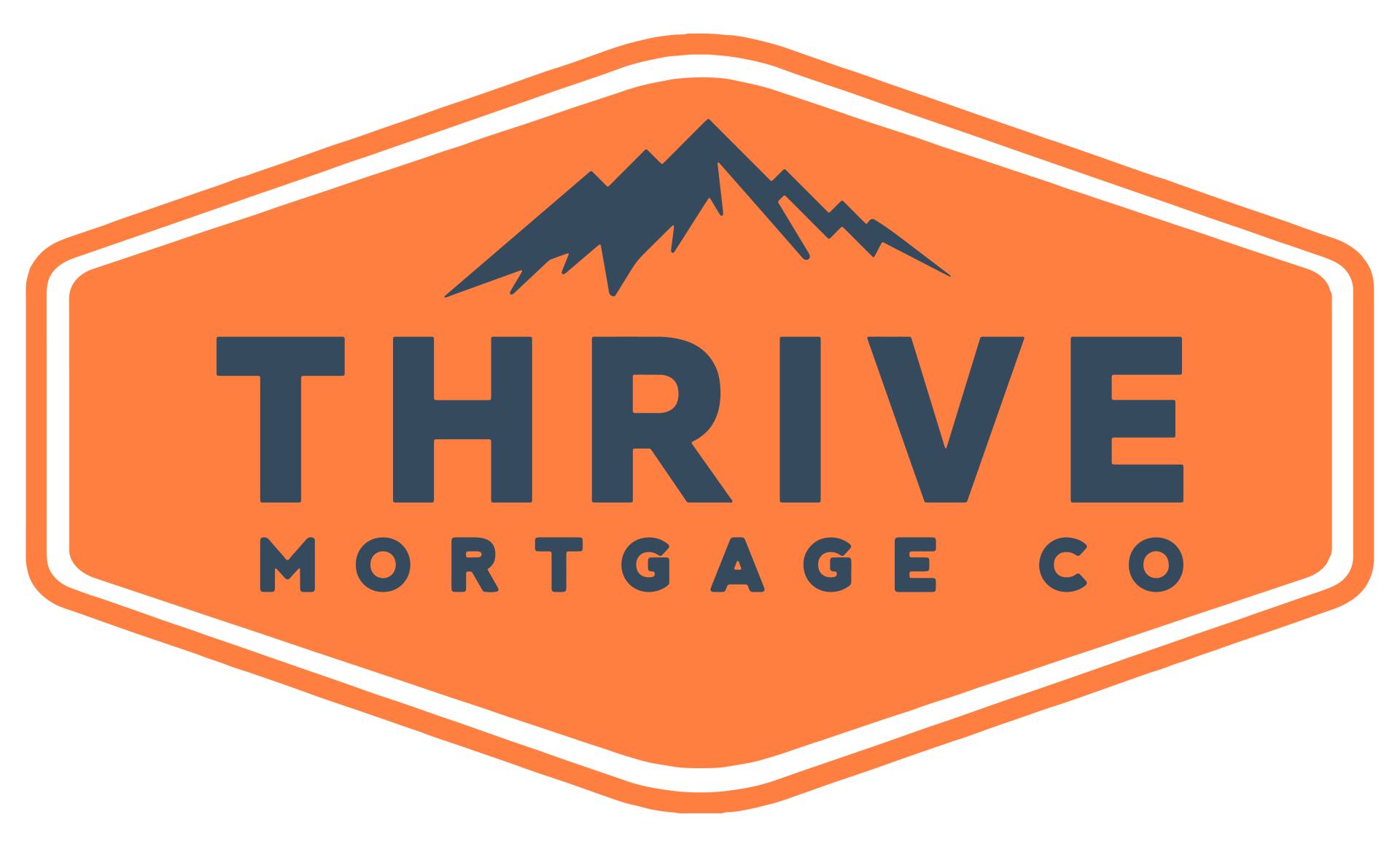Consolidation Mortgages
Reduce financial stress by consolidating your debts.
Get your finances under control
Are your credit card and loan debts overwhelming you? Do you feel like there’s no way out of a downward spiral?
It’s very easy to lose control of your finances and feel like your drowning. But you don’t need to worry. We’re here to give you all the support you need to get you back on track and in control of your finances.
A consolidation mortgage could be just what you need.

